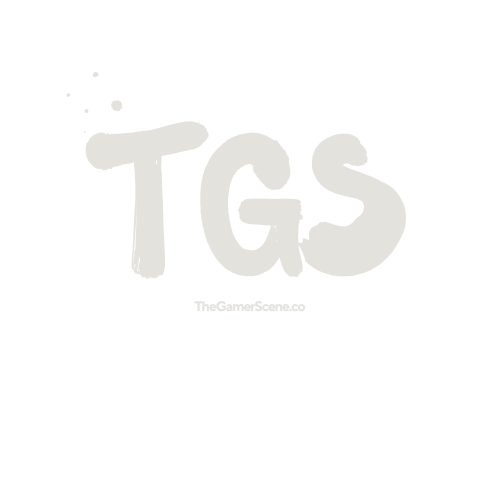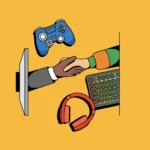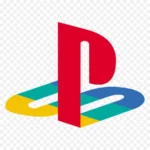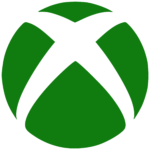Now Reading: Microsoft Confirms End of Xbox Live Gold, Introduces Game Pass Core as New Base Subscription
-
01
Microsoft Confirms End of Xbox Live Gold, Introduces Game Pass Core as New Base Subscription
Microsoft Confirms End of Xbox Live Gold, Introduces Game Pass Core as New Base Subscription
In a significant shake-up to its online services, Microsoft has officially retired Xbox Live Gold, a staple of Xbox consoles since 2002. The company announced that beginning today, Xbox Live Gold will be replaced by a new subscription tier: Xbox Game Pass Core.
Game Pass Core enters the scene as Microsoft’s base-tier offering within the larger Game Pass ecosystem. It combines essential online multiplayer access with a curated selection of over 25 titles from the Game Pass library, all for the same $9.99 monthly price point that Xbox Live Gold carried.
Among the titles included at launch are fan favorites such as *Halo 5: Guardians*, *Forza Horizon 4*, *Gears 5*, and *Psychonauts 2*. Microsoft says the Core library will continue to evolve, with new titles rotating in periodically. Crucially, subscribers will retain access to key online multiplayer features — the primary draw of Xbox Live Gold — alongside access to great games without needing to pay extra.
“Game Pass Core is the evolution of Xbox Live Gold,” said Jerret West, CVP of Xbox Gaming Marketing, in an official blog post. “It brings more value to our players by including online play and a robust selection of games at an accessible price.”
Notably, the shift also marks the end of the “Games with Gold” program, which offered monthly free games as part of the Xbox Live Gold subscription. Microsoft has confirmed that any rights to previously claimed Games with Gold titles will remain intact for existing subscribers, although no new titles will be added going forward.
The move is widely seen as Microsoft’s effort to streamline its subscription services and better compete with Sony’s PlayStation Plus tiers, which offer varying levels of content and benefits. With Game Pass Core, Microsoft is doubling down on the Game Pass ecosystem by unifying its offerings under a single brand.
As the next generation of Xbox services takes shape, existing Xbox Live Gold subscribers have already been transitioned automatically to Xbox Game Pass Core. For many, this marks not just the end of an era — but the start of a broader, more integrated gaming future.





















